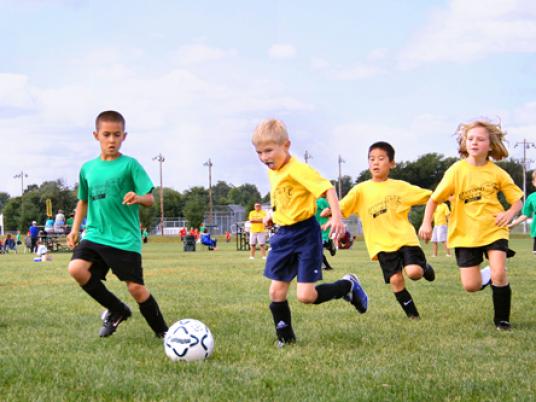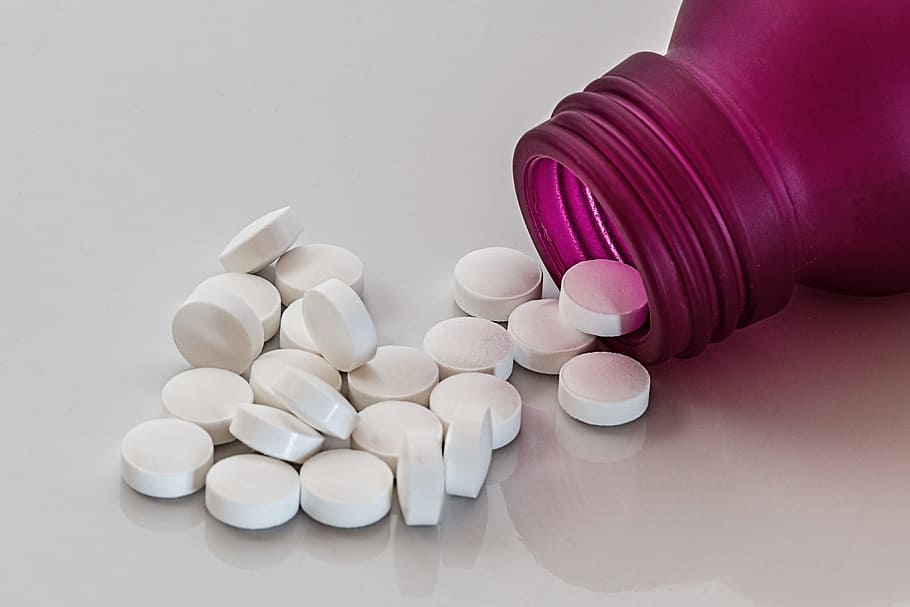
We often believe that getting children involved in sports will keep them away from smoking, drinking and doing drugs. Without much evidence, save the powers of distraction and peer pressure, many parents year after year accompany their kids to sporting clubs around town to cater to their practice times and keep them in one sport or another.
“There are truths and myths to this assumption,” says Dr. Amir Fathallah, a pediatrician who practices in Maadi.
Fathallah explains that it may actually be parents who are into sports who keep children out of drugs.
“Parents who go to the club or take their children to sports practices are also much more aware of their child’s behaviors,” Fathallah says.
While these children may be as likely to try drugs as any other children, their parents’ constant presence makes the task that much more difficult. In fact, Fathallah points out that a survey of 12- to 17-year-olds found that teens left unsupervised three or more days per week were three times more likely to use illegal drugs.
“Other factors come into play as well,” explains Hany Taher, a physical trainer at a gym in Mohandiseen. Taher says that when young athletes try alcohol and smoking, their metabolism heightens the effects of the drugs and makes them sick more easily.
“It’s harder for athletes to perform when they’ve been doing drugs or getting drunk the night before,” explains Taher.
Many local groups encourage sports for children, including Maadi’s Youth Soccer League, which involves parents and volunteers in coaching children and takes fees to pay for field rental and uniforms.
“YSL is a great environment for sports with a little competition, but not enough to kill the fun,” says Jim Davis, a parent and assistant coach.
Although the season is short, a couple of hundred children join the girls, boys and co-ed teams each fall.
A study done on sports participation and health-related behaviors among US youth in 2000 clearly states that adolescents involved in sports are more likely to follow “positive behaviors,” such as eating well, and avoiding “negative behaviors,” such as cigarette smoking.
“My son takes soccer twice a week, tennis on the weekends and tae kwon do on Tuesdays,” says Salma Sherif, 43.
Although it means Sherif has to be there for every one of these practices, she thinks it’s worth it.
“A couple of his friends were recently caught cheating in school,” says Sherif. “I think what he’s learned in sports will keep him from doing that.”
And yet is there any real correlation? With bicyclist Lance Armstrong’s confession about using drugs, the report on Australia’s swim team, and even local gyms and the obsession with steroids, it seems that even sports can lead to drugs.
“There is a difference between being interested in sports and competing professionally,” explains Fathallah.
While the pediatrician believes one is healthy, he is quick to point out that grooming young children for competitions nationally and internationally can lead down an entirely different path.
“If a child has a talent, it’s hard to turn away, but the pressure parents put on children to exceed in competitions can be harmful,” Fathallah says.
This piece was originally published in Egypt Independent’s weekly print edition.




